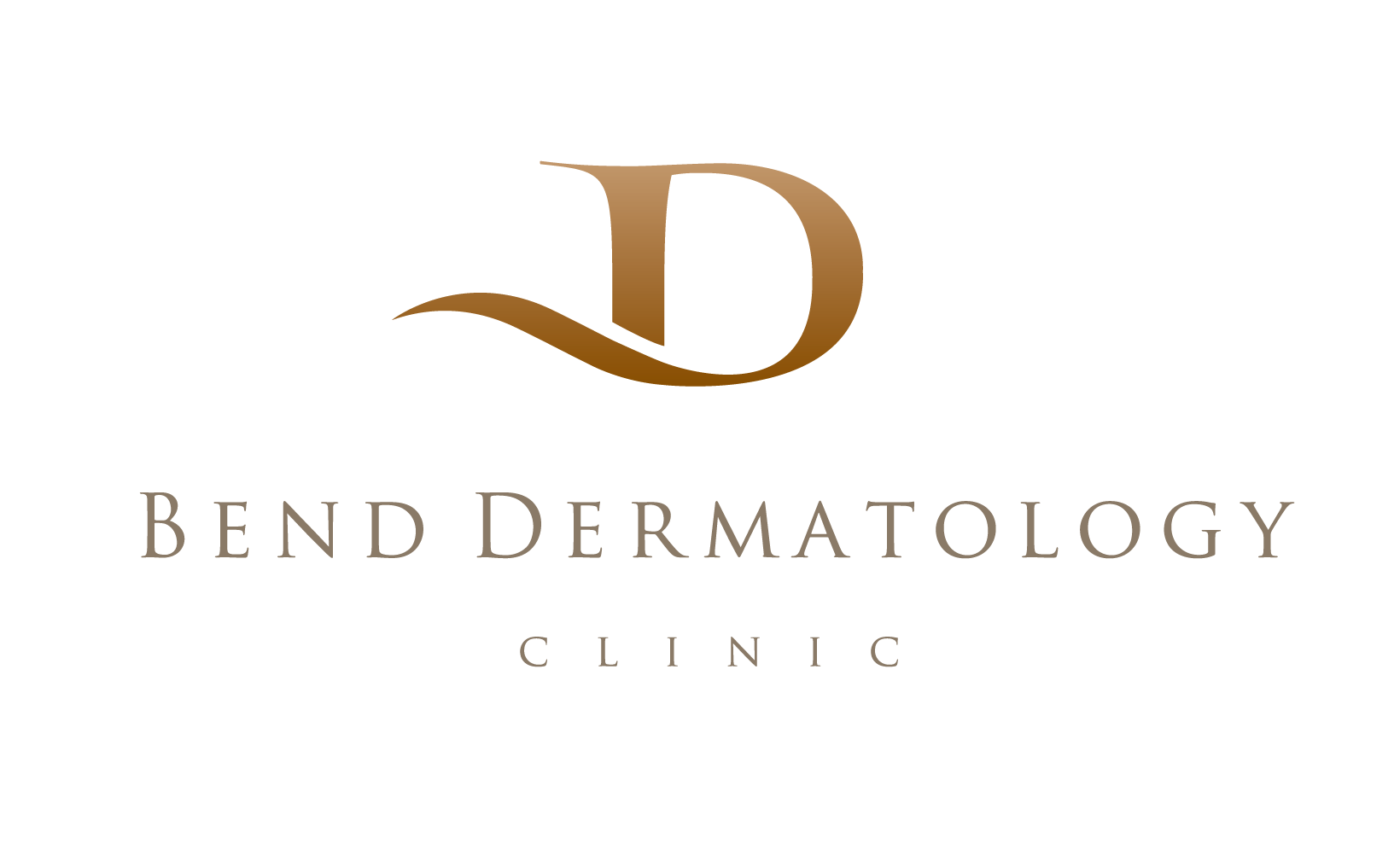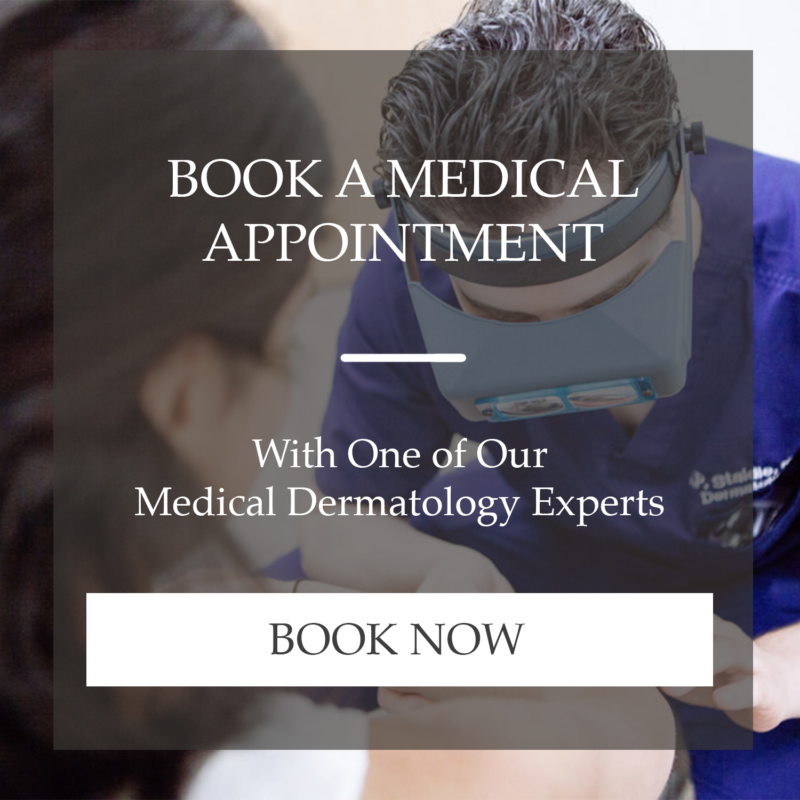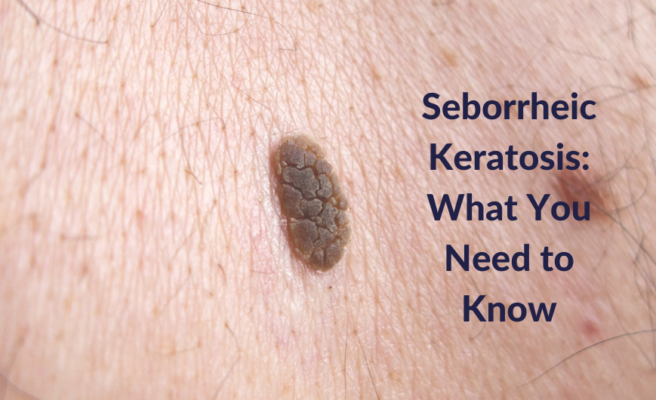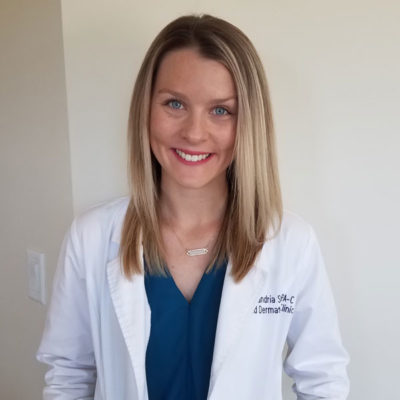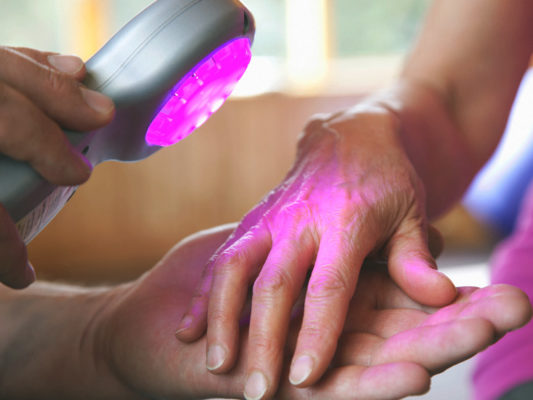Acne is one of the most common skin conditions reported in the United States, affecting men and women of all ages and ethnicities. Acne consists of pimples, lumps, cysts, nodules, blackheads, and whiteheads, occurring mainly on the face, neck, back, shoulders and chest.
What Causes Acne?
Acne is often caused by several factors, including the blockage of hair follicles that release oil, overproduction of oil from enlarged oil glands, hormonal factors, and certain medications.
Quick Statistics On Acne
The American Academy of Dermatology shares some statistics on acne:
- 50+ million Americans are affected by acne annually.
- ~85% of Americans between ages 12 and 24 experience at least some minor acne.
- ~15% of adult women in America are affected by acne annually.
Common Acne Terms Defined
Acne is a common catch-all phrase when discussing an array of skin issues. Here is a brief glossary of terms to aid in researching causes and treatments for different types of acne and related topics. Acne: The general term for the physical effects of clogged skin pores such as blackheads, whiteheads, cysts, and nodules.Blackhead: A common name for an open comedo, a form of acne formed by a blocked hair follicle, deriving its name from its dark appearance. Chemical peels: Chemical peels are topically applied formulas that revitalize the skin’s surface by creating a controlled shedding of the outermost layer of the skin.Comedo: An acne lesion, and the technical term for a blackhead.Cysts: Pockets of tissue that form beneath the skin, that can fill with air, pus, or other fluids. These can be painful and cause scarring. Dermabrasion: A procedure for resurfacing the skin by sanding the outer layers. This can lessen the appearance of acne lesions or scars. Exfoliation (skin): Exfoliation is the removal of the dead, keratinized skin cells sitting on the skin’s surface. This leaves the skin with a smoother and fresher tone and texture, allowing easier penetration of medical-grade products like serums onto the skin’s surface. Hair follicle: A small cavity in the skin that grows hair by combining old cells, and into which the sebaceous (oil) glands open.Lesion: A physical change in body tissue caused by disease or injury. Acne lesions are the various physical changes in the skin caused by the infection of the sebaceous hair follicle. Nodules: Cysts that contain bacteria and are typically deeper and more painful than some other types of cysts. Papule: Small, firm, and reddish-colored lesions that appear on the surface of the skin – pimples. Pimples: Common term for small papules or pustules. Pustule: An inflamed comedo that resembles a whitehead, surrounded by a reddish ring.Rosacea: A disorder characterized by swollen blood vessels in the face. Rosacea can cause bumps, pimples, and redness. Sebaceous gland: A skin gland which empties an oily secretion called sebum into the hair follicle. Whitehead: An acne lesion formed when oils and skin cells block the opening of a hair follicle; also called a closed comedo. These differ from blackheads in that the cavity remains closed.Acne is measured in grades from 1-4, with 1 being the least severe and 4 being the most. Read more here about the different grades and how those may be treated.
Acne Treatments
Nearly all cases of acne can be effectively treated. Our Board-Certified Dermatologists at Bend Dermatology evaluate each patient individually, ensuring the ideal method is selected for proper care and treatment. The goals with acne treatment are to heal existing lesions, stop new lesions from forming, and prevent scarring. The most common acne treatments include over-the-counter prescription topical agents, antibiotics, isotretinoin, or hormonal agents such as birth control. Lasers and cosmetic procedures can also be used in the treatment of acne, or in conjunction with traditional treatments. You’ll want to consult with a medical professional like one of our experienced Providers before trying one of these acne treatment options. Some cosmetic treatments that can help with acne include:
Laser Treatments
Laser treatments such as THERACLEAR™ and SCITON® BROADBAND LIGHT™ (BBL) can help treat acne. Also, DOT therapy (dermal optical thermolysis) skin resurfacing removes the damaged skin layer by layer, which helps to minimize acne scars.
Chemical Peels
Chemical peel treatments involve introducing medical grade acid solutions to the skin’s surface. These carefully formulated solutions remove the outer layers of skin, revealing fresh new skin. Much like laser resurfacing, this form of treatment can reduce the appearance of acne scars, but do little for deeper skin lesions. Bend Dermatology provides acne treatments at its Central Oregon locations. Book an appointment to discuss treating your acne with a Bend Dermatology Board-Certified Dermatologist or Provider today.We also offer various skin care products tailored to treating acne, so speak with our skin care experts about what can help you with your acne.
